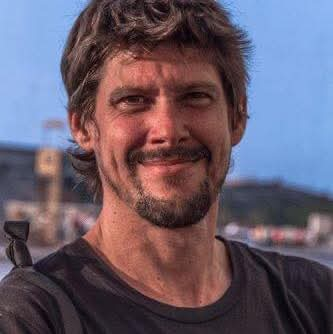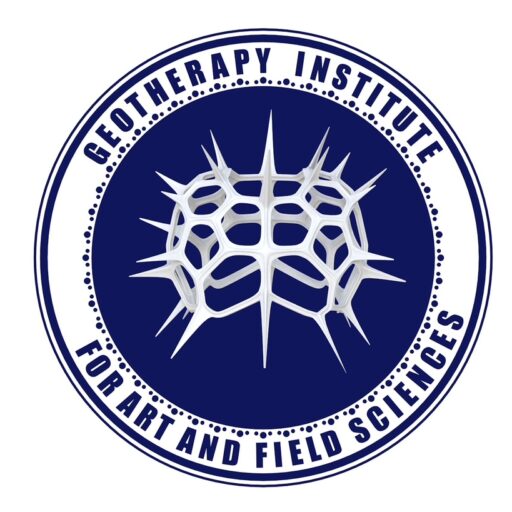DIRECTOR & FOUNDER
Mara G. Haseltine
Mara G. Haseltine is an internationally renowned environmental artist and ocean activist known for transforming microscopic marine life into monumental public artworks. Her work merges art and science to reveal the hidden structures of plankton, coral, and viruses, making the invisible world visible and accessible. She is an advisor to The Ocean Foundation and has been a member of the Global Coral Reef Alliance since 2006, contributing to international marine conservation. Mara serves as the United Nations Representative as an Honorary Advisor New York Sustainible Development NGO Committee. She was awarded The Explorers Club’s Flag 75 with honors for her work with the Tara Ocean Foundation, where she sailed as artist-in-residence on a global expedition studying the links between ocean life and climate change. In her environmental work, she practices Geotherapy, using creative, nature-based interventions to help restore damaged ecosystems in the age of the Anthropocene. She also built New York City’s first solar-powered oyster reef, blending sculpture, habitat regeneration, and renewable energy. As founder of the Geotherapy Institute for Art and Field Sciences, she leads interdisciplinary projects that unite science, design, and sustainability.
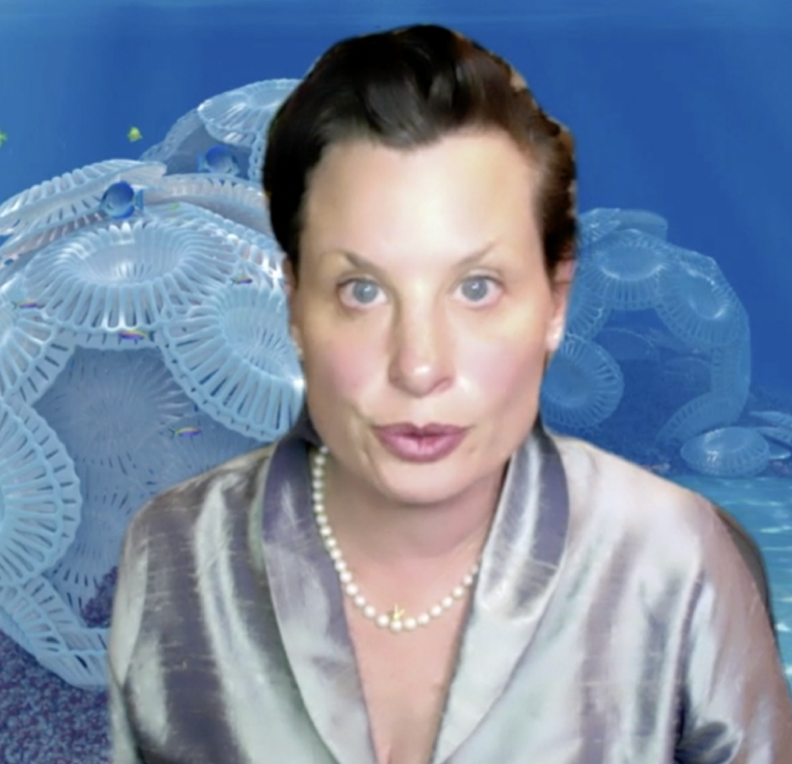
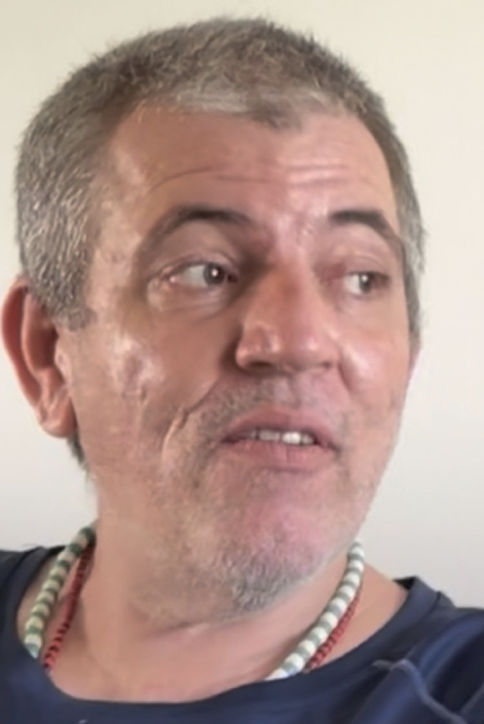
artistic Collaborator
Isrealito Matanzas
Israelito is a Cuban poet, performer, and shaman whose work bridges ancestral spiritual practice with contemporary ecological and social themes. Deeply rooted in Afro-Cuban traditions, Israelito creates immersive performances and installations that honor the natural world, summon collective memory, and activate healing. His art is both personal and communal—emerging from ritual, song, and movement—and often engages the land and sea as living collaborators. As a cultural guardian and healer, Israelito plays a vital role in preserving and renewing indigenous and Afro-Caribbean wisdom within Cuba’s evolving landscape. Isrealitio was born and raised in the district historic of Matanzas where the project is based.
ceramic expert & consultant
Surisday Reyes
Surisday Reyes is a Cuban curator, art historian, and director of the Museum of Ceramics in Havana. With a deep expertise in Cuban ceramic traditions and contemporary practice, she has played a pivotal role in elevating Cuban ceramics both nationally and internationally. Through innovative exhibitions, research, and cultural diplomacy, Reyes has positioned ceramic art as a vital part of Cuba’s artistic identity and global conversation. Her curatorial work highlights the material’s expressive potential, bridging historical craftsmanship with contemporary art, and making the Museum of Ceramics a dynamic center for cultural dialogue and artistic excellence.
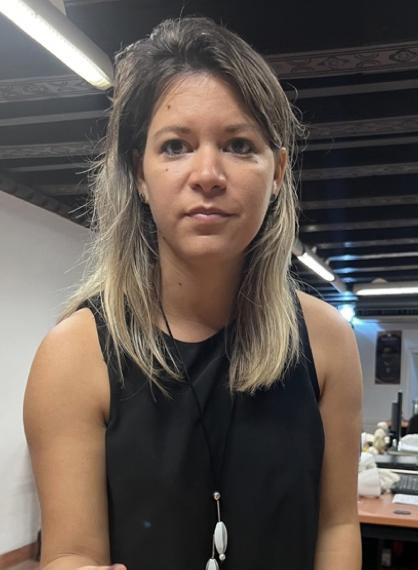
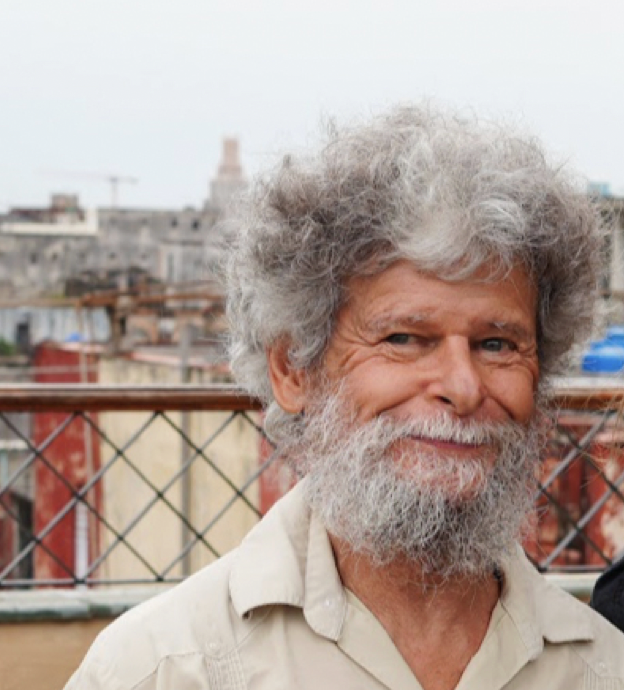
SCIENTIFIC ADVISOR
Dr. Tom Goreau
Dr. Tom Goreau is a pioneering marine biologist and President of the Global Coral Reef Alliance. He is internationally known for his work in coral reef restoration, climate adaptation, and marine ecosystem resilience. Tom serves as the Senior Scientific Advisor for Climate Change and Biodiversity at the United Nations. He is also a Research Scientist at the Center for Marine Sciences in Discovery Bay, Jamaica, and a Visiting Professor in Geochemistry at the Universidade Federal Fluminense in Brazil. Previously, he was an Assistant Professor of Geology at the University of Miami. Tom developed the Biorock method, a technology that accelerates coral growth and enhances resilience to environmental stress. His work spans the Caribbean, Pacific, and Indian Oceans and merges scientific innovation with community-based solutions. Tom regularly collaborates with scientists, creators, and local stakeholders to advance sustainable marine restoration.
scientific Collaborator
Dr. Patricia González
Dr. Patricia González is a marine biologist based in Cuba, specializing in coral reef ecology and restoration. She conducts research at the University of Havana, where she focuses on the health, reproduction, and resilience of hard corals in the face of climate change. Her work is critical to understanding how Cuban reefs are responding to warming seas and ocean acidification. Dr. González collaborates with international scientists and conservation organizations to advance coral propagation techniques and reef management strategies. She plays an active role in training the next generation of Cuban marine scientists through field-based education and laboratory research. Her studies support national efforts to protect Cuba’s rich marine biodiversity, particularly in ecologically significant areas like the Bay of Matanzas and Jardines de la Reina. Dr. González is a strong advocate for nature-based solutions that combine traditional ecological knowledge with modern marine science. Through her work, she contributes to regional strategies for coral conservation and climate adaptation across the Caribbean.
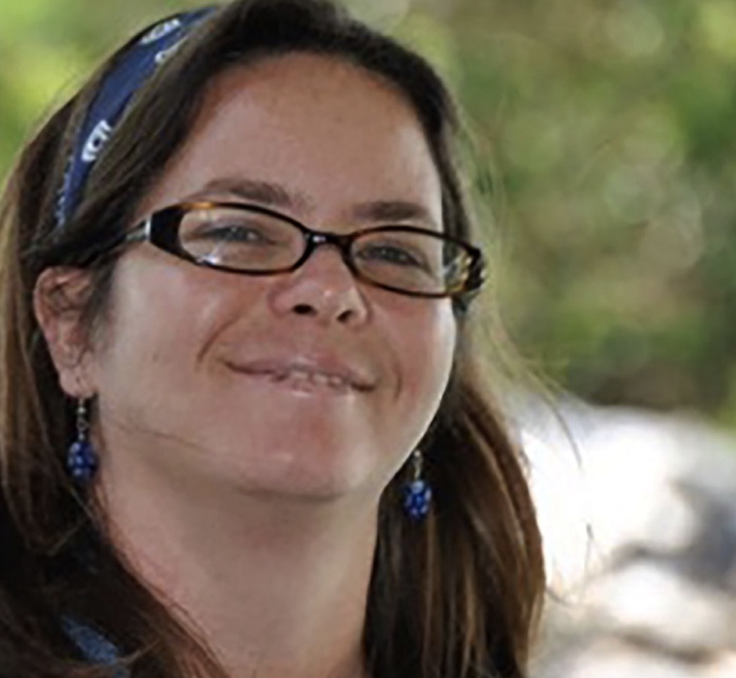
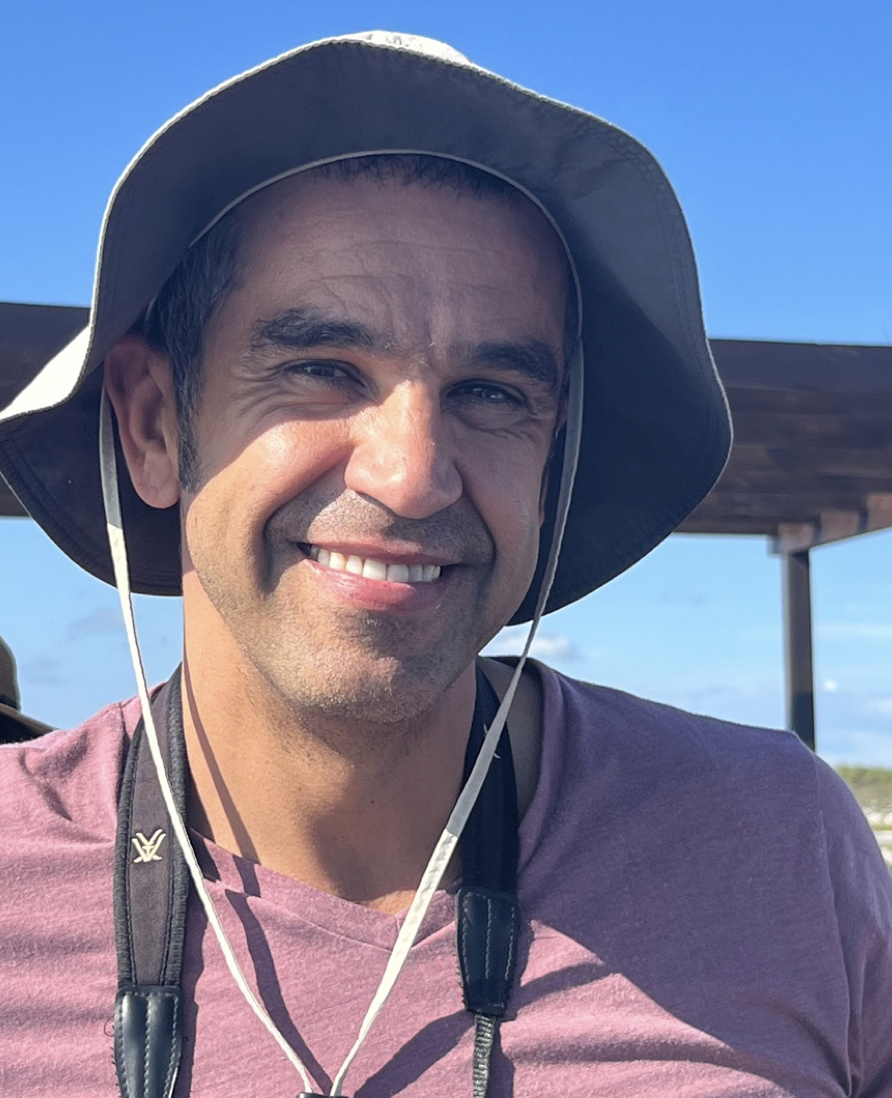
SCIENTIFIC Collaborator
Fernando Bretos
Fernando Bretos is the founder of CRESTA and Director (Coastal Restoration and Education for Sustainable Transdisciplinary Action), which leads large-scale coral and mangrove restoration projects grounded in community engagement and ecological science. Fernando is a marine biologist, conservation leader, and National Geographic Explorer, and fellow at The Explorer’s Club. He is dedicated to restoring coastal ecosystems and advancing ocean diplomacy. Fernando has conducted fieldwork throughout the Caribbean, particularly in Cuba, where he has played a key role in establishing marine protected areas like, the HOPE SPOT at Guanahacabibes Peninsula, the Western most tip of Cuba. He serves on the board of SECORE International, helping to advance coral larval propagation techniques for global reef recovery. In Miami, he has led mass restoration efforts for mangrove forests, addressing climate resilience in one of the United States’ most vulnerable coast zones. He is affiliated with The Ocean Foundation, contributing to marine conservation and policy initiatives across the Americas. Fernando’s work blends science, policy, and education, emphasizing locally led solutions to global environmental challenges. His vision for coastal restoration is rooted in equity, innovation, and a deep commitment to the health of the ocean and coastal communities.
Operations Field Manager
Josué López Lozano
Josué López Lozano earned a degree in photojournalism in 1998 from the International Journalism School José Martí in Havana. With over two decades documenting Cuban reality, his career has taken him to Russia, Germany, Spain, Finland, Sweden, and the United States. As both artist and producer, he has exhibited internationally and collaborated with leading outlets such as The New York Times, The Washington Post, USA Today, LA Times, TIME Magazine, National Geographic, CNN, PBS, and ABC Australia. Most recently, he co-produced Havana Time Machine for PBS’s acclaimed Great Performances series. Beyond media, Josué is the founder of Finca Artonomista, a pioneering project in Cuba that unites regenerative agriculture, biodiversity preservation, and the arts. Through bee rescue initiatives, coral repopulation programs, and community-driven artistic engagement, Finca Artonomista is redefining how sustainability and culture intersect on the island.
